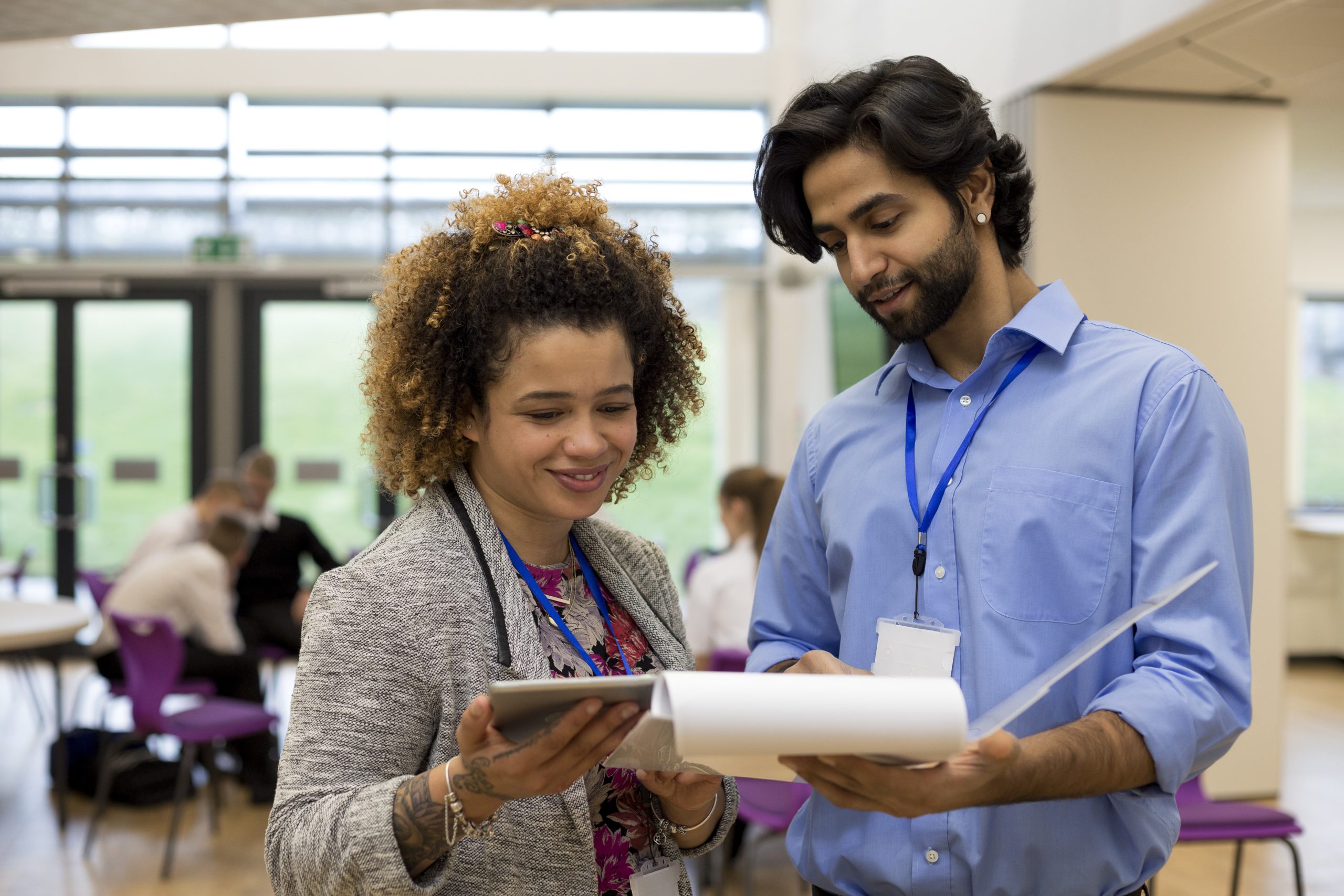Communicating the Science of Motivation
Chloe Stroman
When we observe motivation in someone else, it can appear to be a personal trait that they cultivated in childhood and carry with them into each new situation. But decades of research on motivation – and likely our own experiences – tell us otherwise.
Thinking about your own learning experiences, in what situations did you feel motivated? Were you doing work that you found meaningful and did you receive feedback that conveyed to you that you could be successful? Did you feel that you could bring your whole self to the learning experience?
When the answers to these questions were “no,” how did your motivation change?
We worked with the FrameWorks Institute to develop a Scientific Story of Student Motivation. This synthesis draws on academic papers and conversations with 22 researchers from the fields of neurobiology; social, educational, and cultural psychology; sociology; and economics. It contains the information that researchers feel is most important for people to understand about the malleability of motivation and the ways in which environments and structural factors shape motivation.
Student Experience Research Network has long been focused on the role of the learning environment in shaping students’ experiences and outcomes in school. Our research brief, Leveraging mindset science to design educational environments that nurture people’s natural drive to learn, speaks to some of the environmental factors that can support students’ motivation. Our partnership with FrameWorks extends our work in this area by examining the ways in which we think and talk about student motivation.
FrameWorks also interviewed secondary and postsecondary educators, as well as members of the public, and identified gaps between the scholarly, practitioner, and public understandings of motivation. Their findings are captured in the report Communicating about Student Motivation: Challenges, Opportunities, and Emerging Recommendations.
The report provides guidance for communicators regarding people’s ideas about motivation. For instance, FrameWorks found that the public generally agrees that caring relationships with parents and educators support students’ motivation, but the public may not be tuned in to the ways in which school and system leaders can support or undermine these relationships through policy or programmatic changes.
Similarly, while educators tend to understand that stereotypes and other racialized narratives negatively impact students’ motivation, their thinking is often limited to interpersonal bias, rather than systemic discrimination and exclusion that students experience as a result of practices and policies like racialized tracking into courses, for example.
Improving society’s understanding of motivation is important because widespread, tacit patterns of thinking about motivation in the U.S. have been shaped by and reinforce long-standing cultural narratives and systems of power and oppression. In turn, these patterns of thinking affect students’ educational experiences. By shifting the language and concepts we use to communicate about the science of motivation, we can transmit a more accurate and just understanding of motivation as part of efforts to change education practice and policy to be in line with the latest knowledge about how people learn.
We encourage you to check out these two reports and our other materials about the role of learning environments, including findings from the Mindsets and the Learning Environments Research Portfolio and insights from our annual funder briefings.
This work is licensed under a Creative Commons Attribution-NonCommercial-NoDerivatives 4.0 International License.

